
I write about genetics, 'metrics, and demographics.
Read my long-form writing at https://t.co/8hgA4nNS2A.
52 subscribers
How to get URL link on X (Twitter) App


 The decline in trade that resulted from differences in faith had profound consequences for the economic geography of Europe.
The decline in trade that resulted from differences in faith had profound consequences for the economic geography of Europe.
https://twitter.com/nypost/status/2020978601198321809
 Do you know this man?
Do you know this man?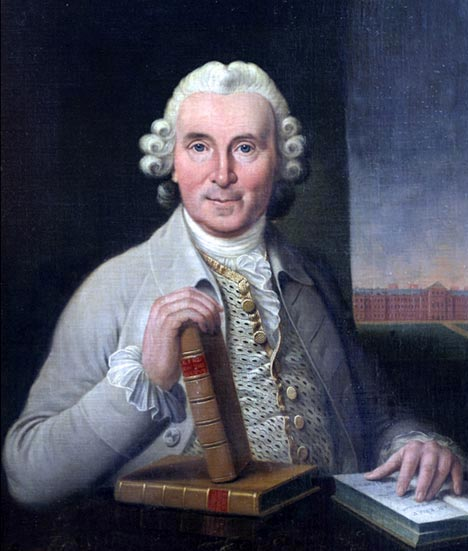
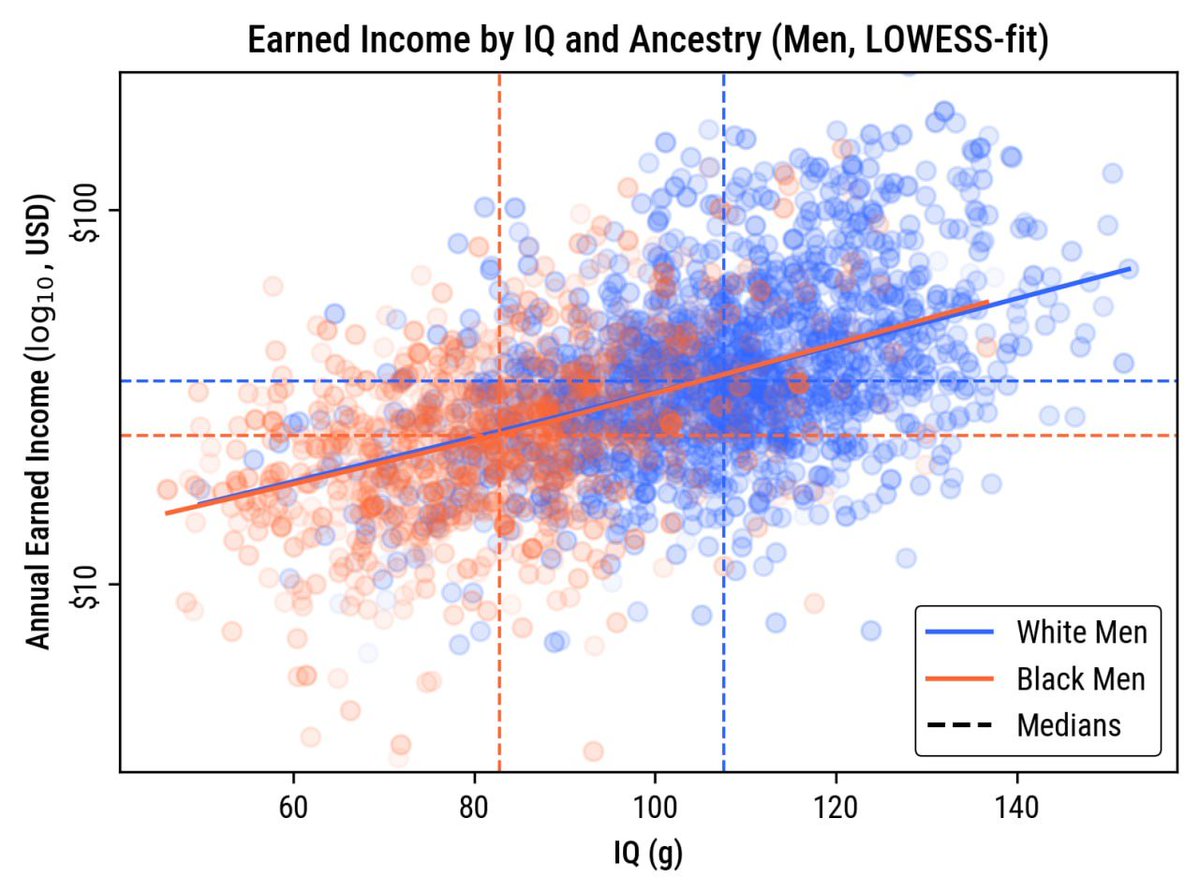
https://twitter.com/Mark___Taylor/status/2018515731277832342
 Add in that the intelligence differences cannot be explained by discrimination—because there *is* measurement invariance—and these sorts of findings are incredibly damning for discrimination-based narratives of racial inequality.
Add in that the intelligence differences cannot be explained by discrimination—because there *is* measurement invariance—and these sorts of findings are incredibly damning for discrimination-based narratives of racial inequality.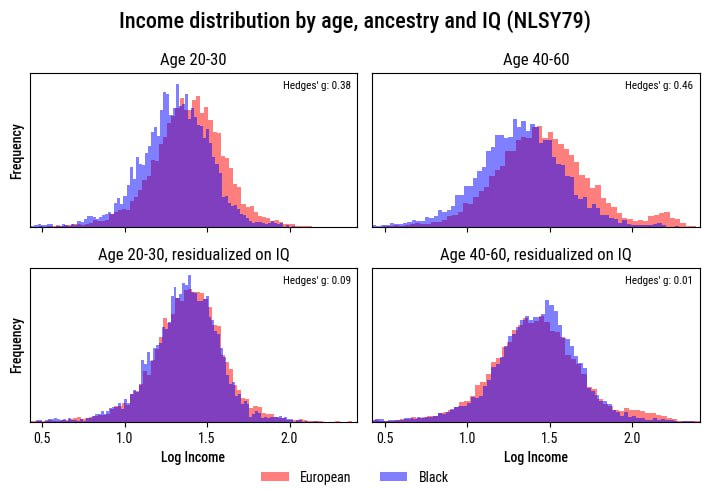
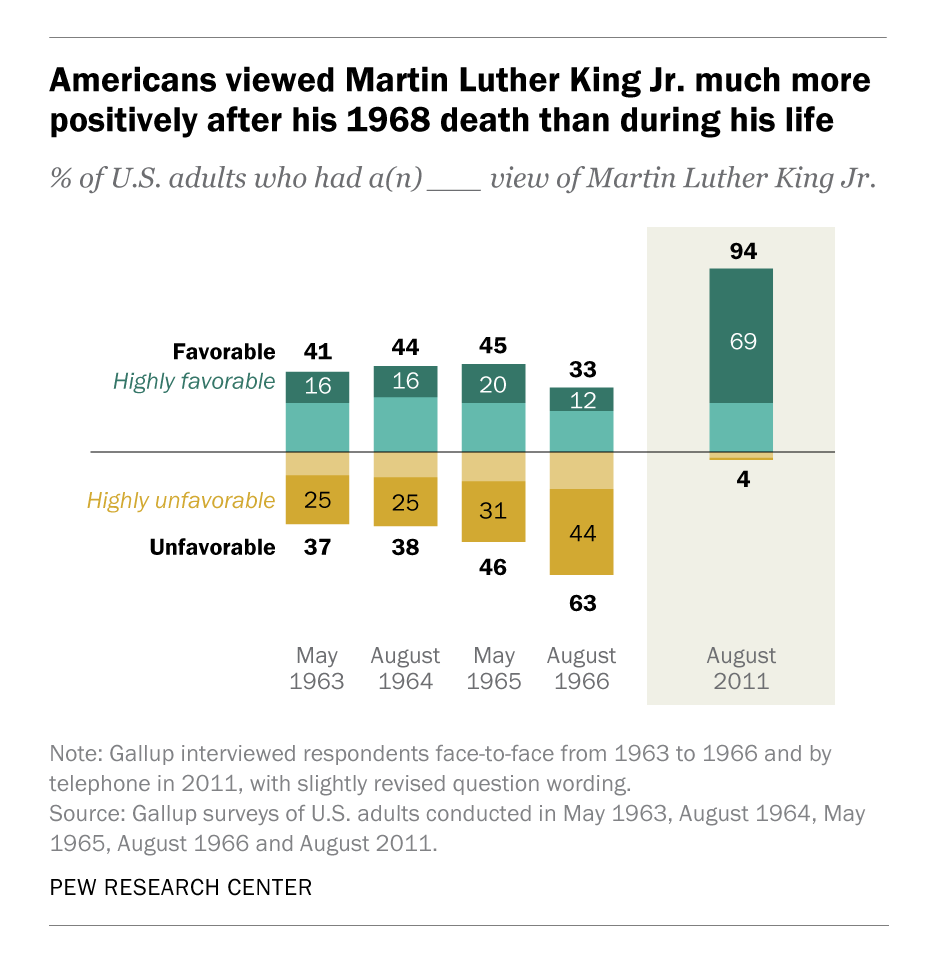
 It's only *after* his death, and with his public beatification that he's come to enjoy a good reputation.
It's only *after* his death, and with his public beatification that he's come to enjoy a good reputation.

https://twitter.com/Pontifex/status/2016111445478670685
 You might say that the Catholics didn't vote for the Nazis because they had their own party: Zentrum.
You might say that the Catholics didn't vote for the Nazis because they had their own party: Zentrum.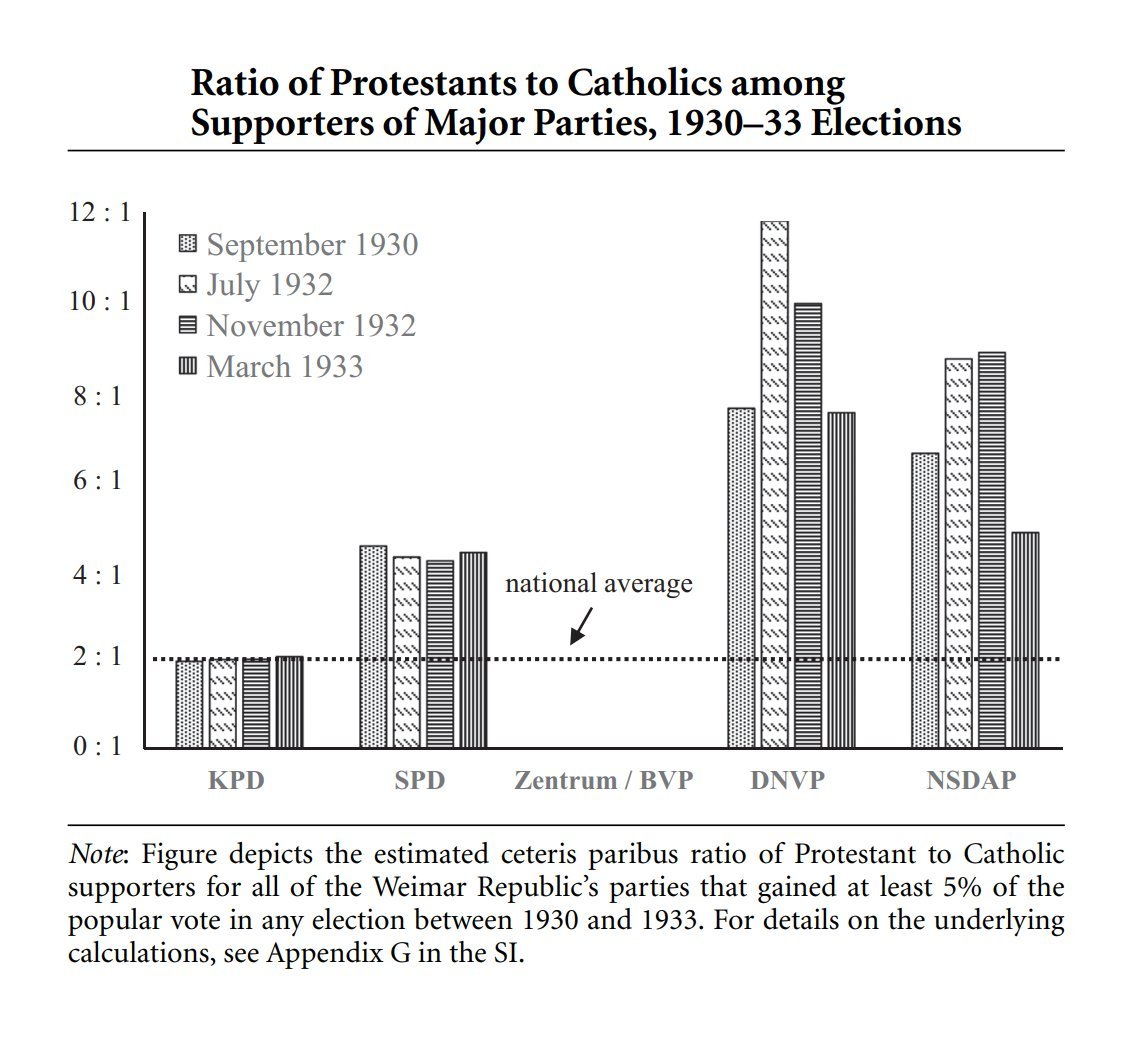
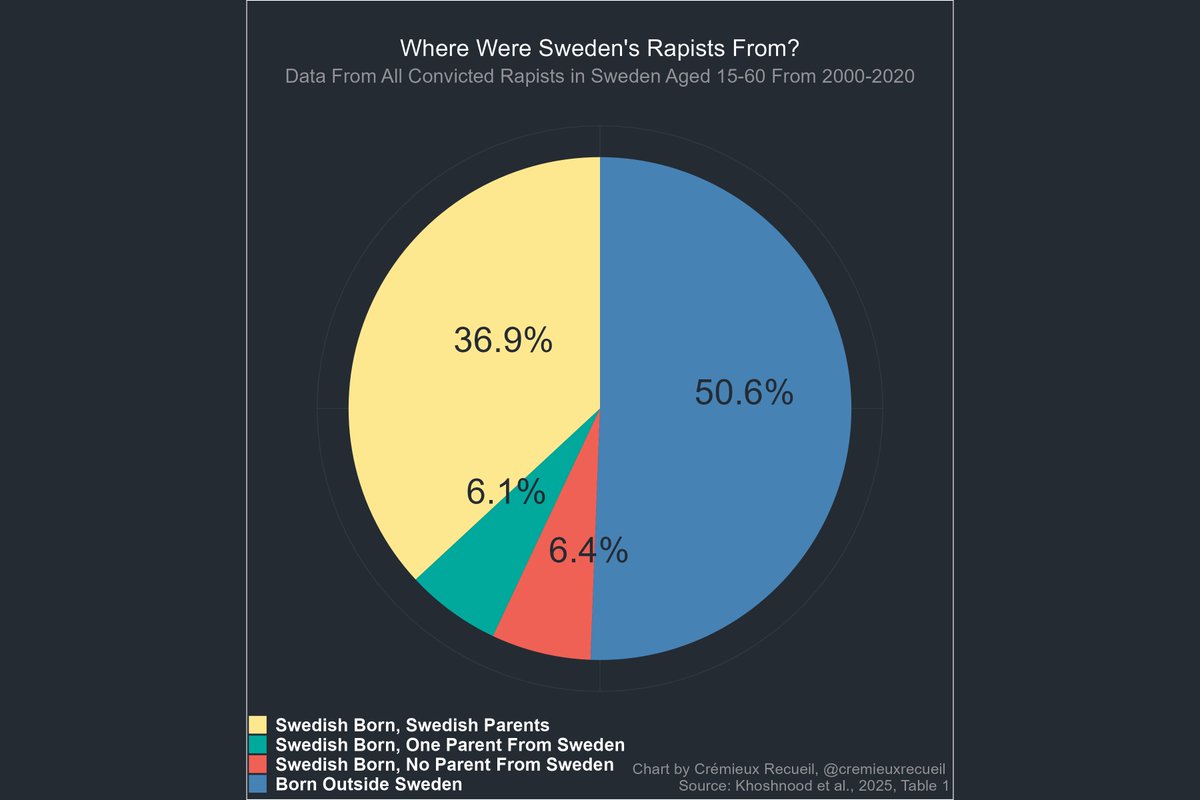
https://twitter.com/cremieuxrecueil/status/1689720962466340866
 What countries were those foreign rapists from?
What countries were those foreign rapists from?
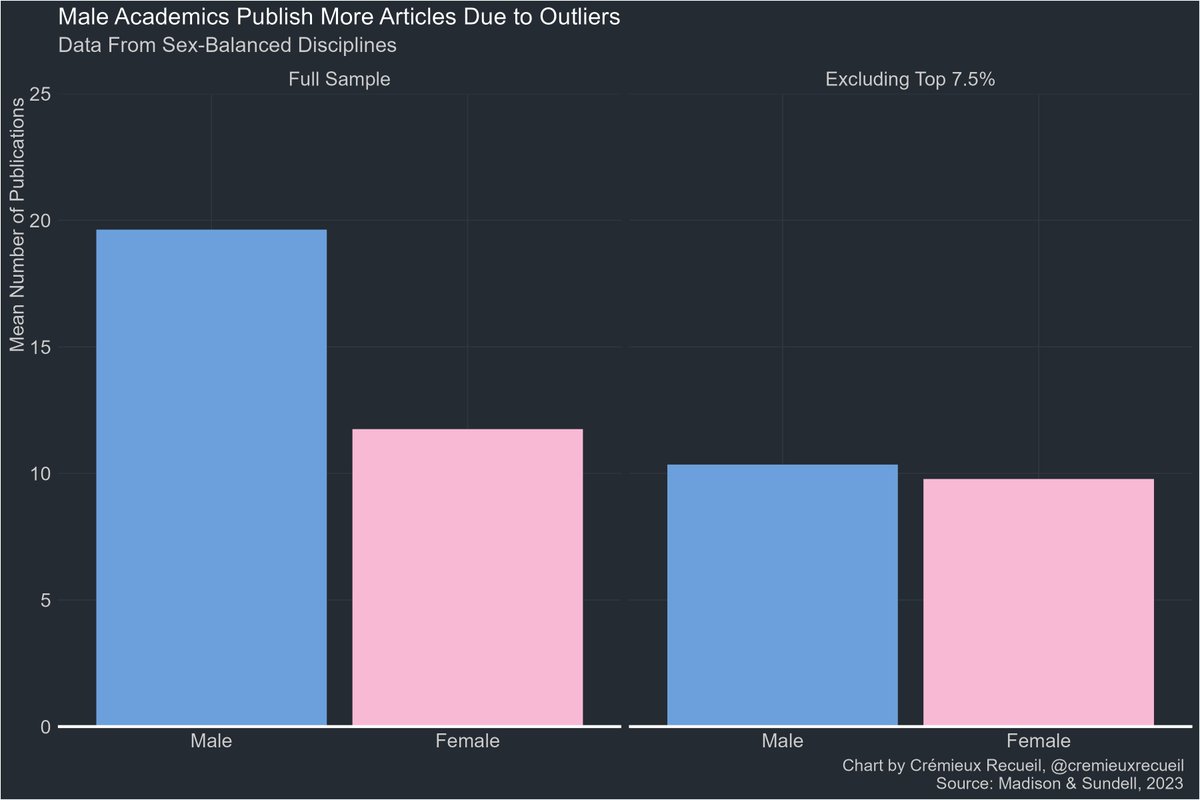
 The disciplines covered here were ones with relatively equal sex ratios: Education, Nursing & Caring Science, Psychology, Public Health, Sociology, and Social Work.
The disciplines covered here were ones with relatively equal sex ratios: Education, Nursing & Caring Science, Psychology, Public Health, Sociology, and Social Work.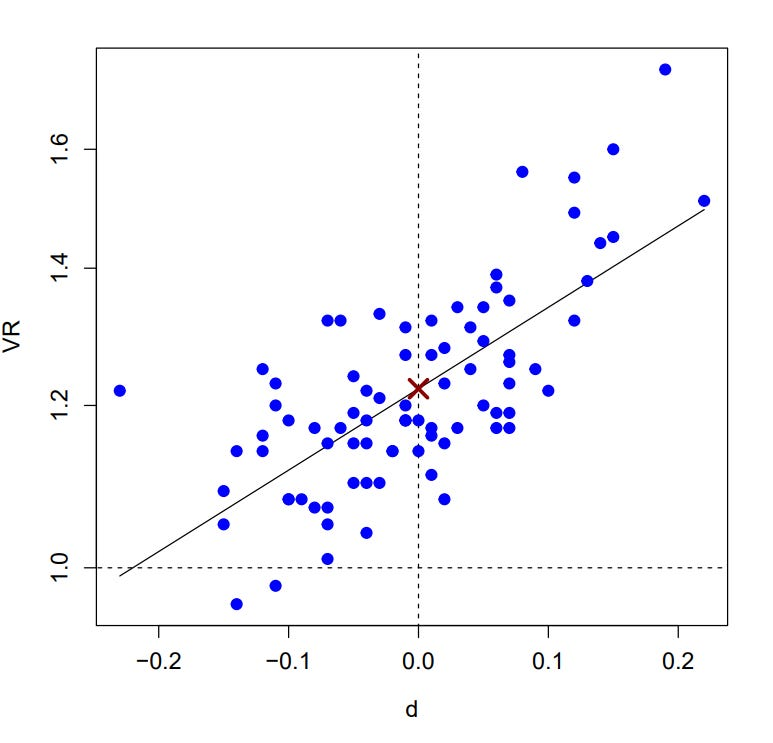
 In Project Talent, that looks like this:
In Project Talent, that looks like this: 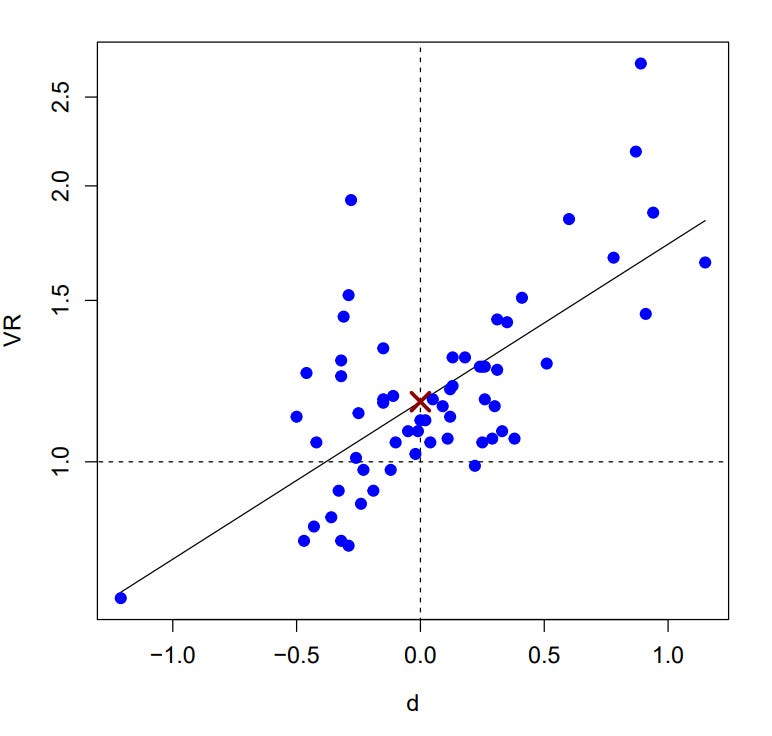
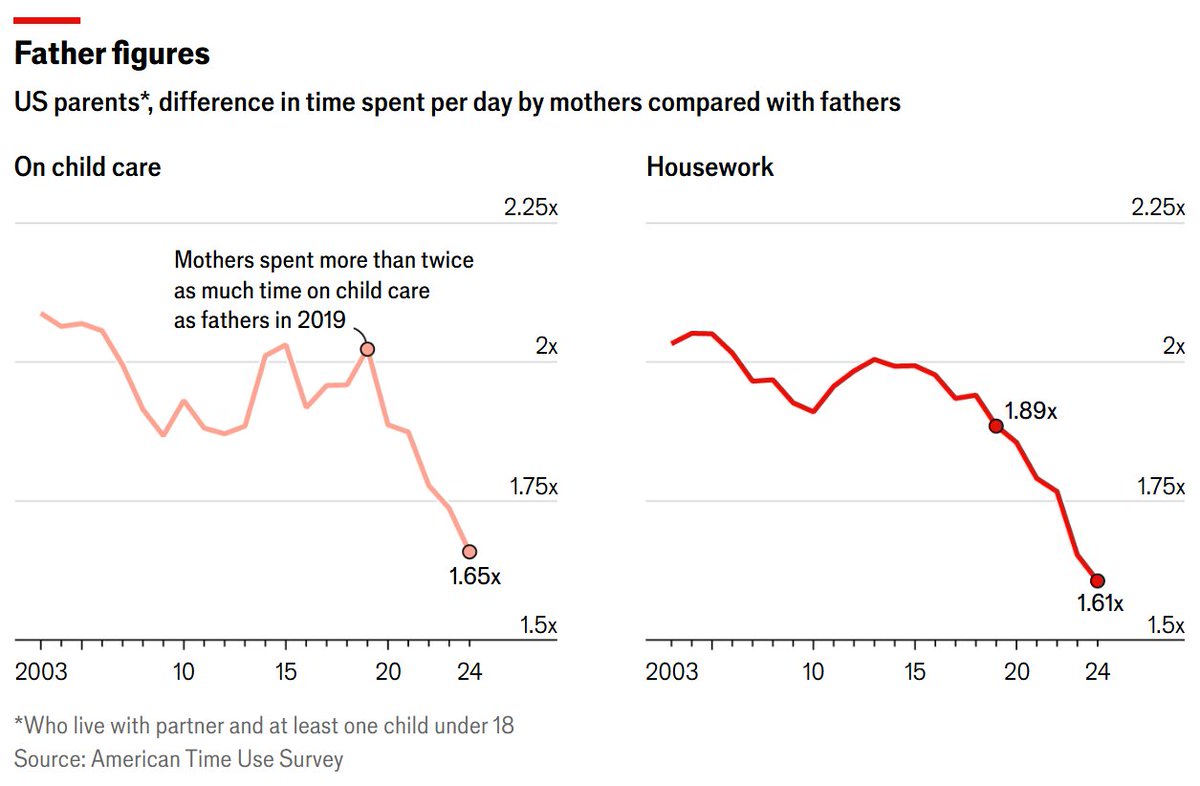
 In fact, they're doing more in each generation, but fertility has continued to fall.
In fact, they're doing more in each generation, but fertility has continued to fall. 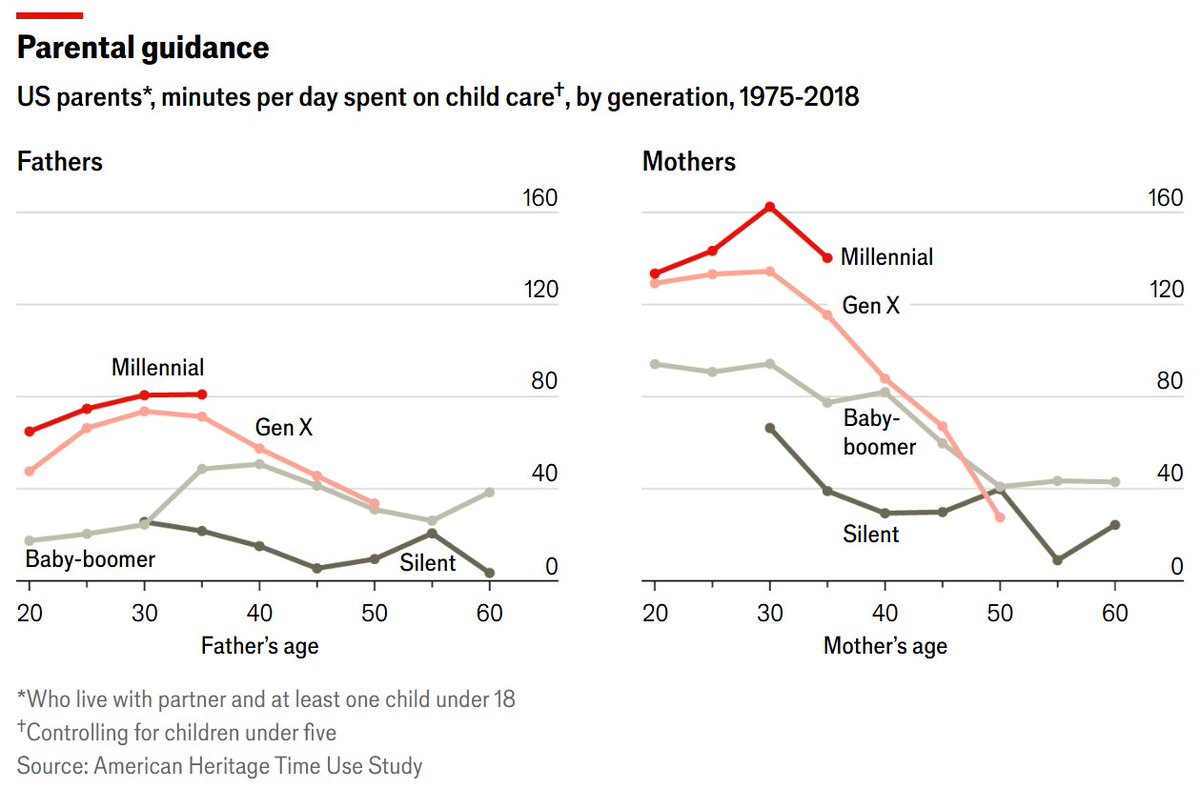
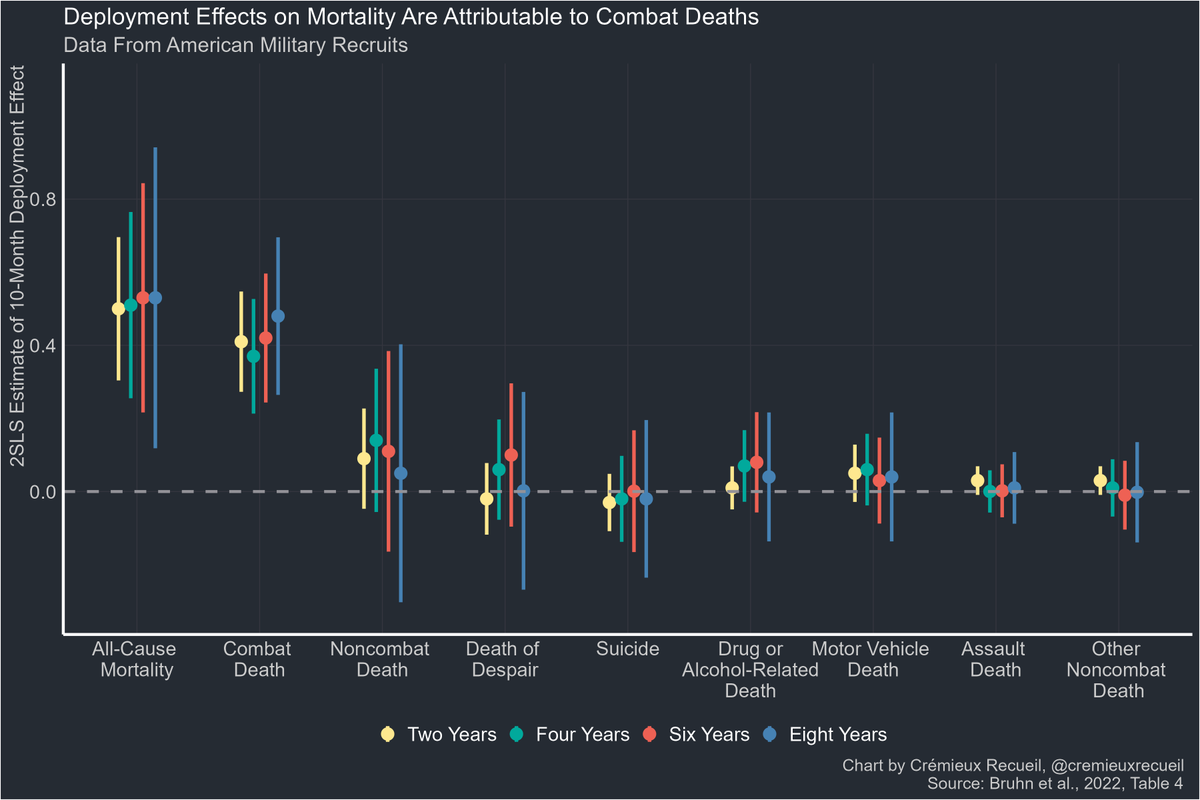
 Looking only at violent deployments (ones with peer casualties), there aren't noncombat mortality effects either.
Looking only at violent deployments (ones with peer casualties), there aren't noncombat mortality effects either.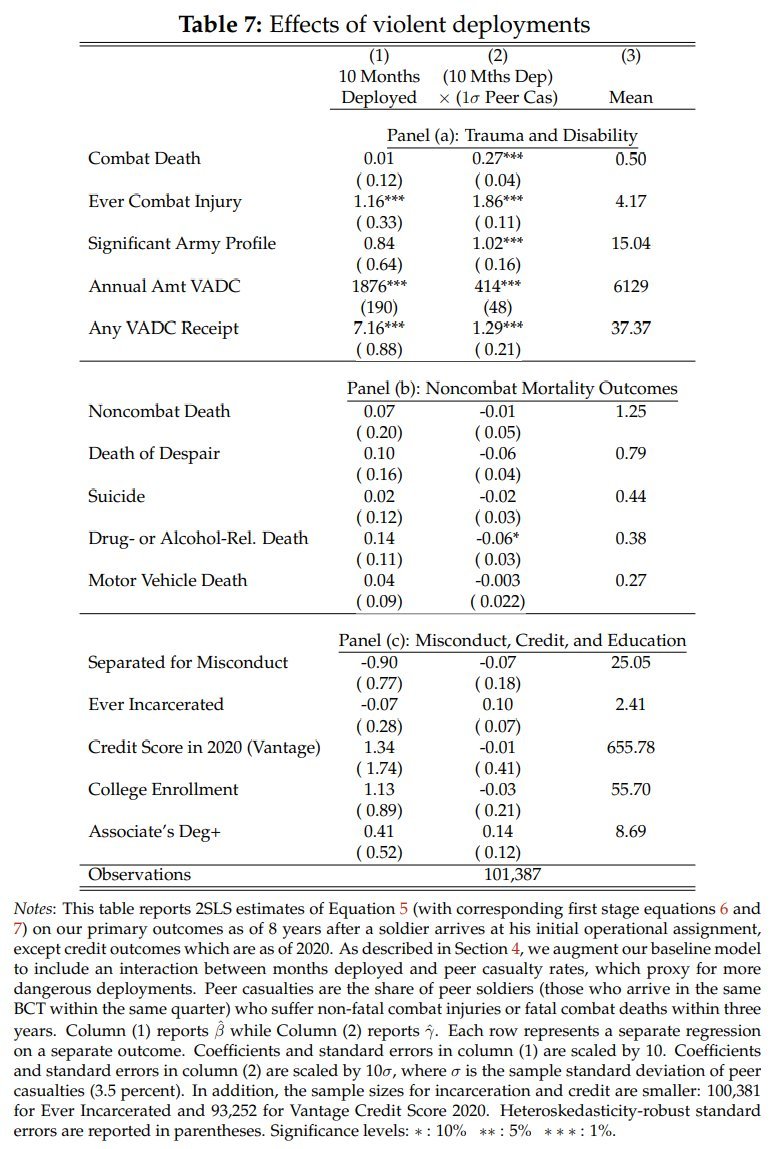

https://twitter.com/SakakiIsCute/status/2010615328674644233
 That table-reading question is "Level 3", which, amazingly, corresponds to an already-high level of ability, by global standards.
That table-reading question is "Level 3", which, amazingly, corresponds to an already-high level of ability, by global standards.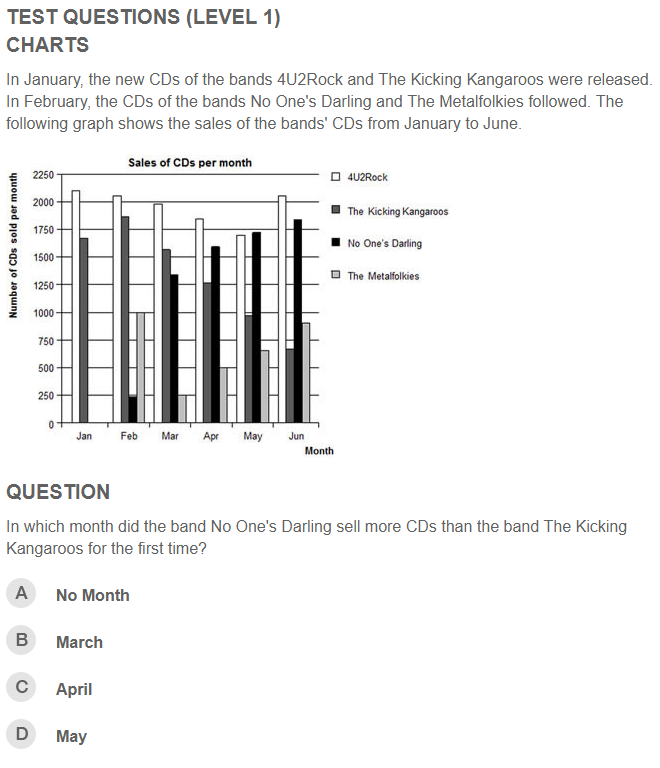
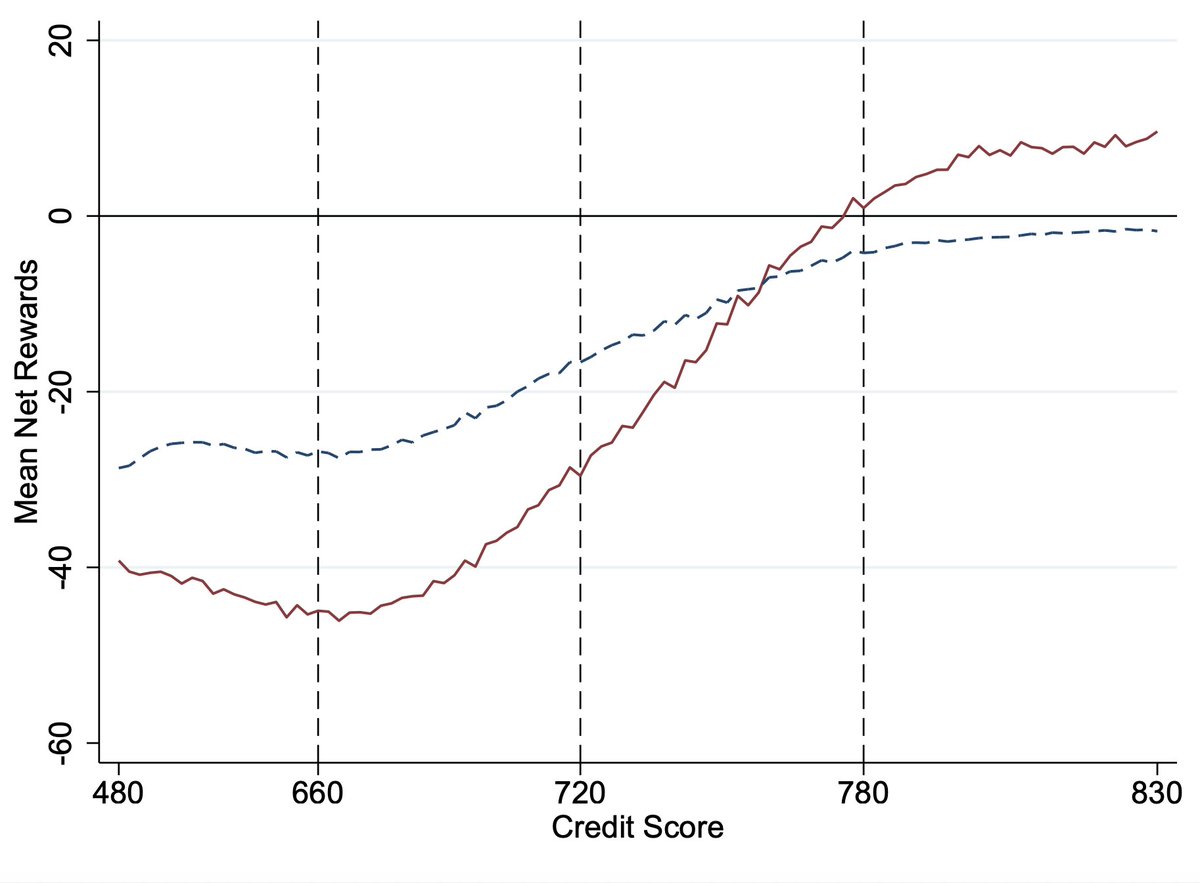
 Curiously, the degree of cross-subsidization is not just an income thing.
Curiously, the degree of cross-subsidization is not just an income thing.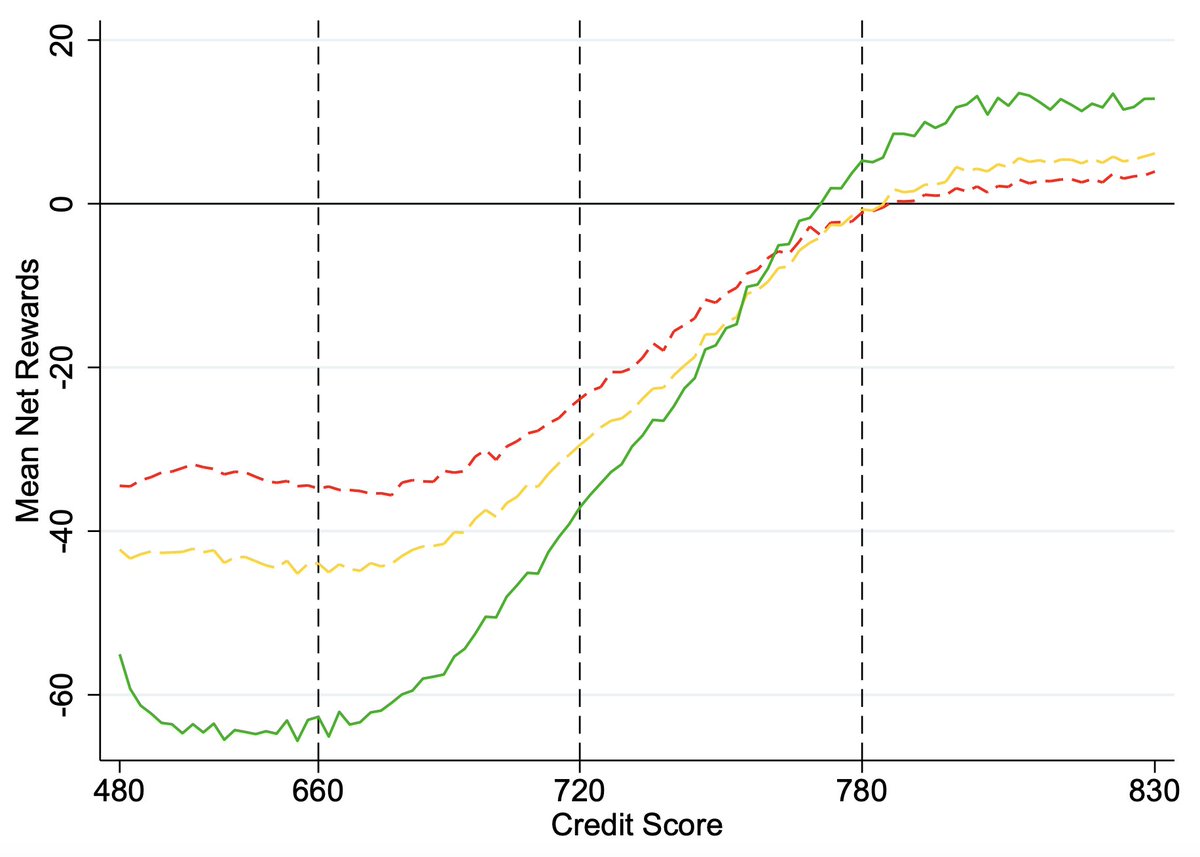

 Ira Glass' wife had a dog before they got married, but it died right before the ceremony.
Ira Glass' wife had a dog before they got married, but it died right before the ceremony.

https://twitter.com/contiarchive/status/2006861245631312133
 The nature of "baiting" is torment.
The nature of "baiting" is torment.
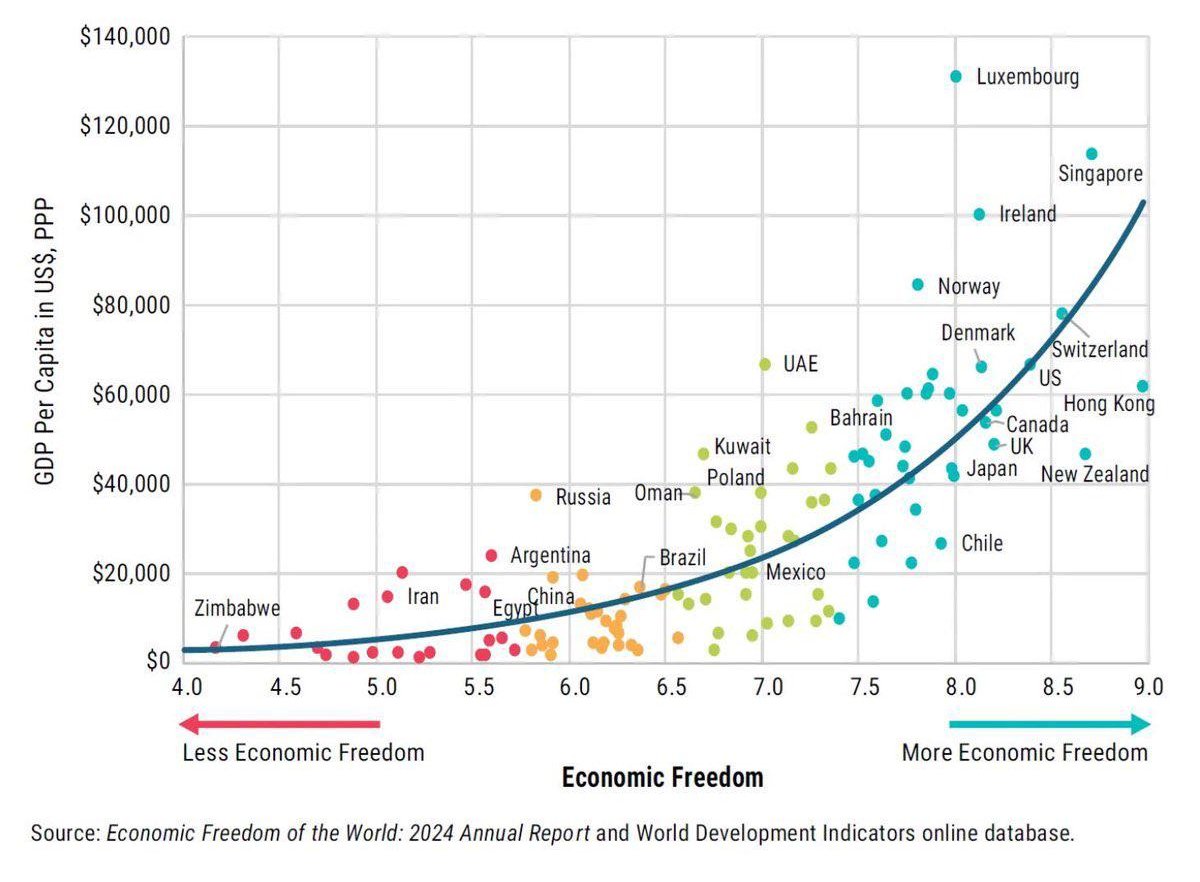
https://twitter.com/goblinodds/status/2007701065651892435
 You could say something like 'Ah, but this is just because the economic freedom index is constructed that way.'
You could say something like 'Ah, but this is just because the economic freedom index is constructed that way.'

 How do you calculate this?
How do you calculate this?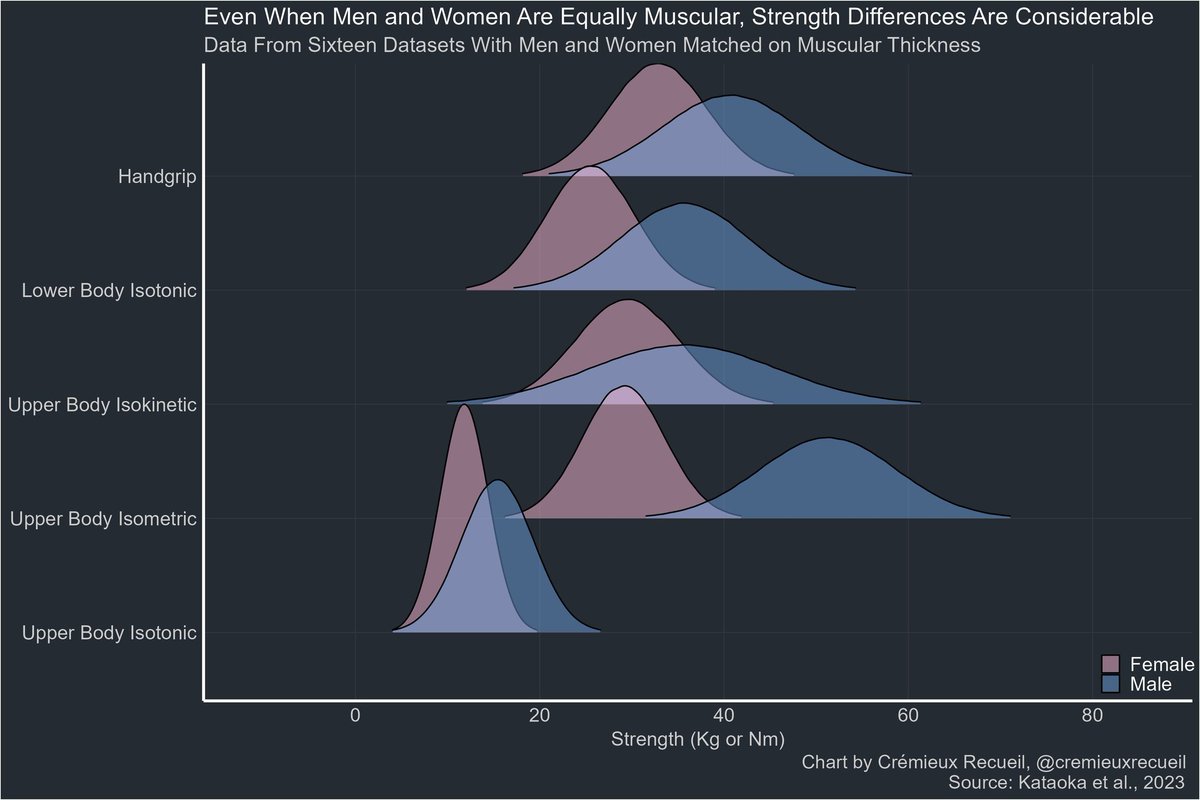
https://twitter.com/RatOrthodox/status/2006201294416179619
 This logic applies very strongly.
This logic applies very strongly.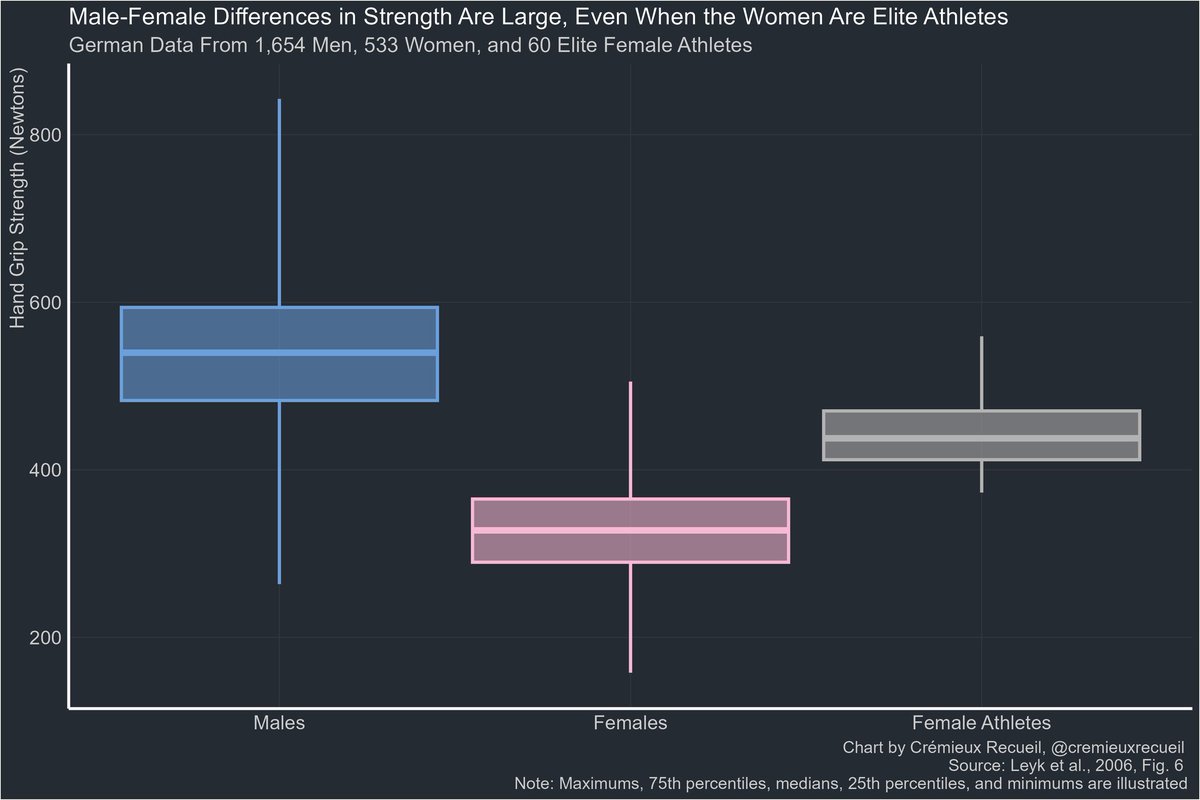

 Pit bulls were also killing disabled people shortly after their invention.
Pit bulls were also killing disabled people shortly after their invention.
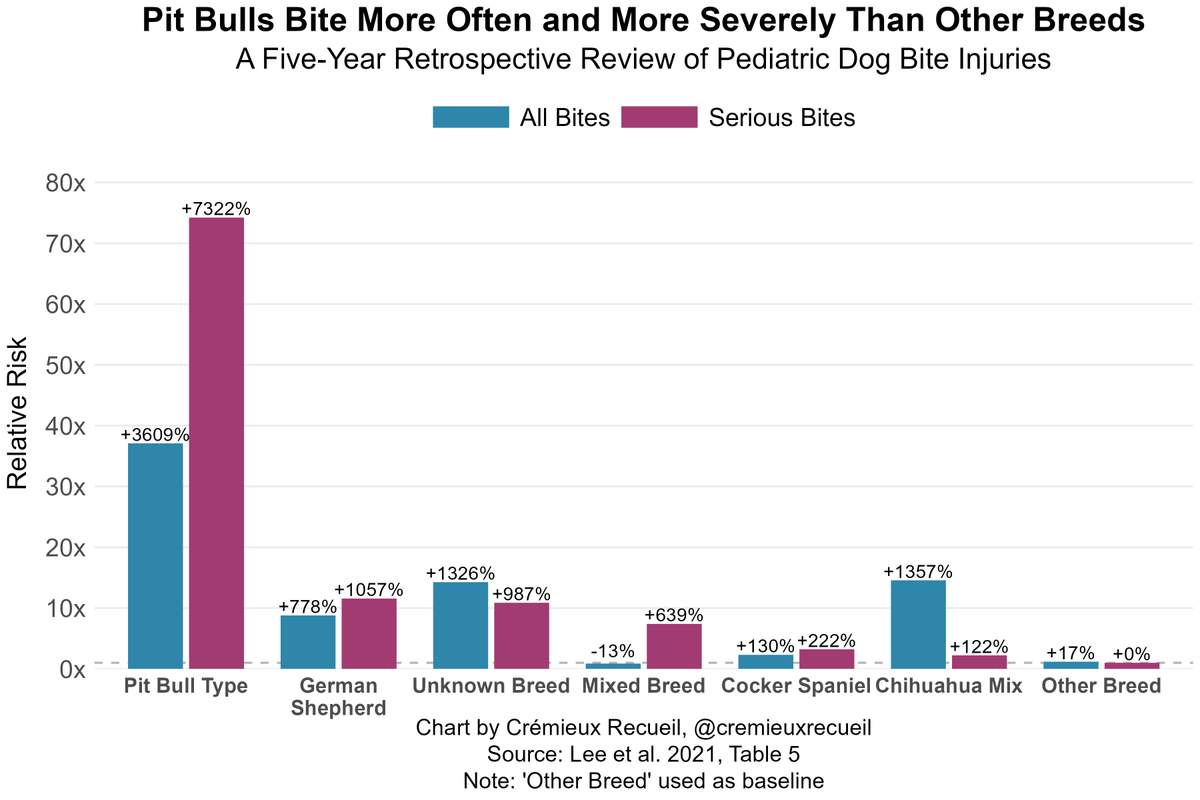
 How were pit bulls identified here?
How were pit bulls identified here?
 Typical pit bull family tree:
Typical pit bull family tree: 

 Adoptee: 'What breed is that?'
Adoptee: 'What breed is that?'